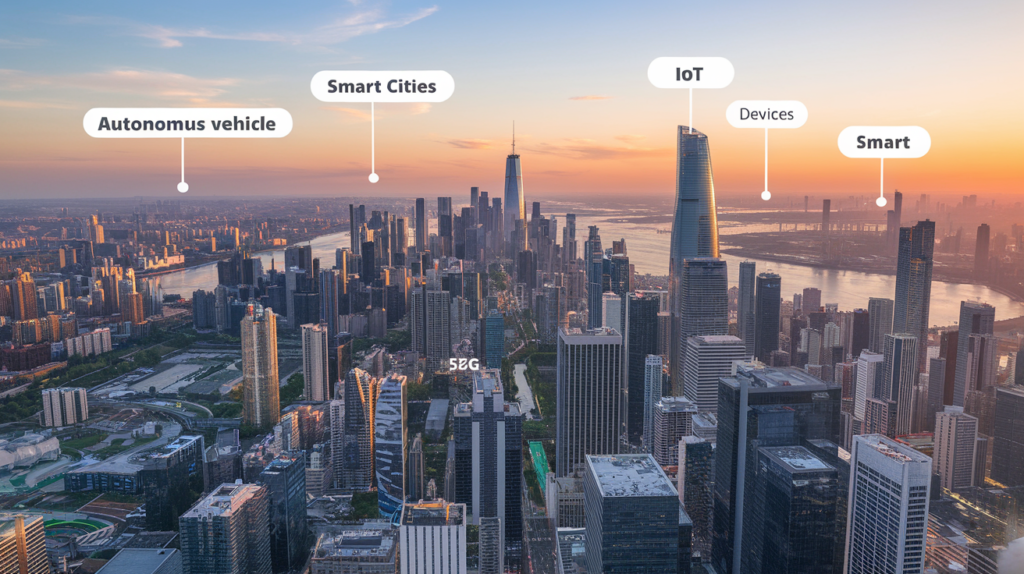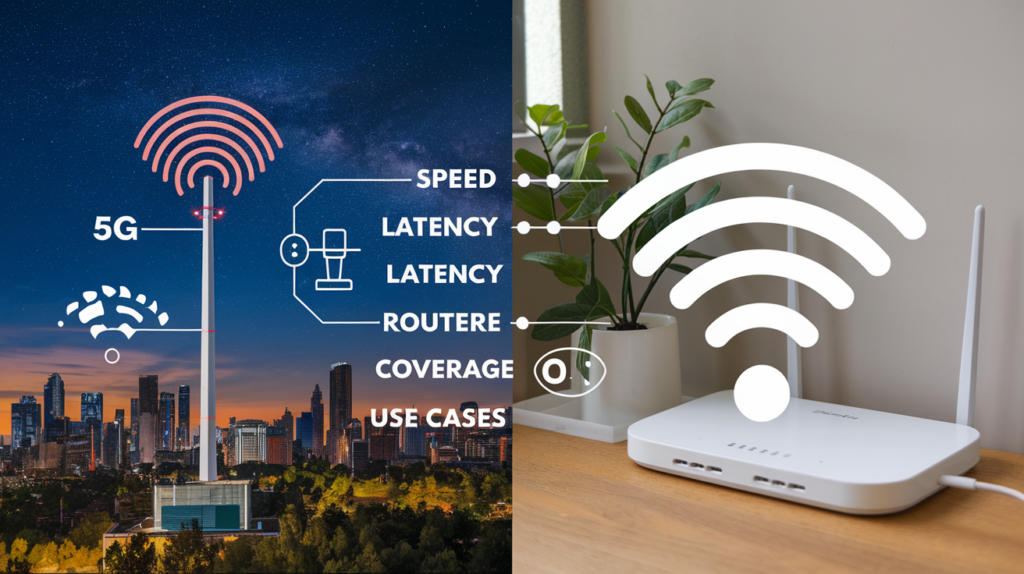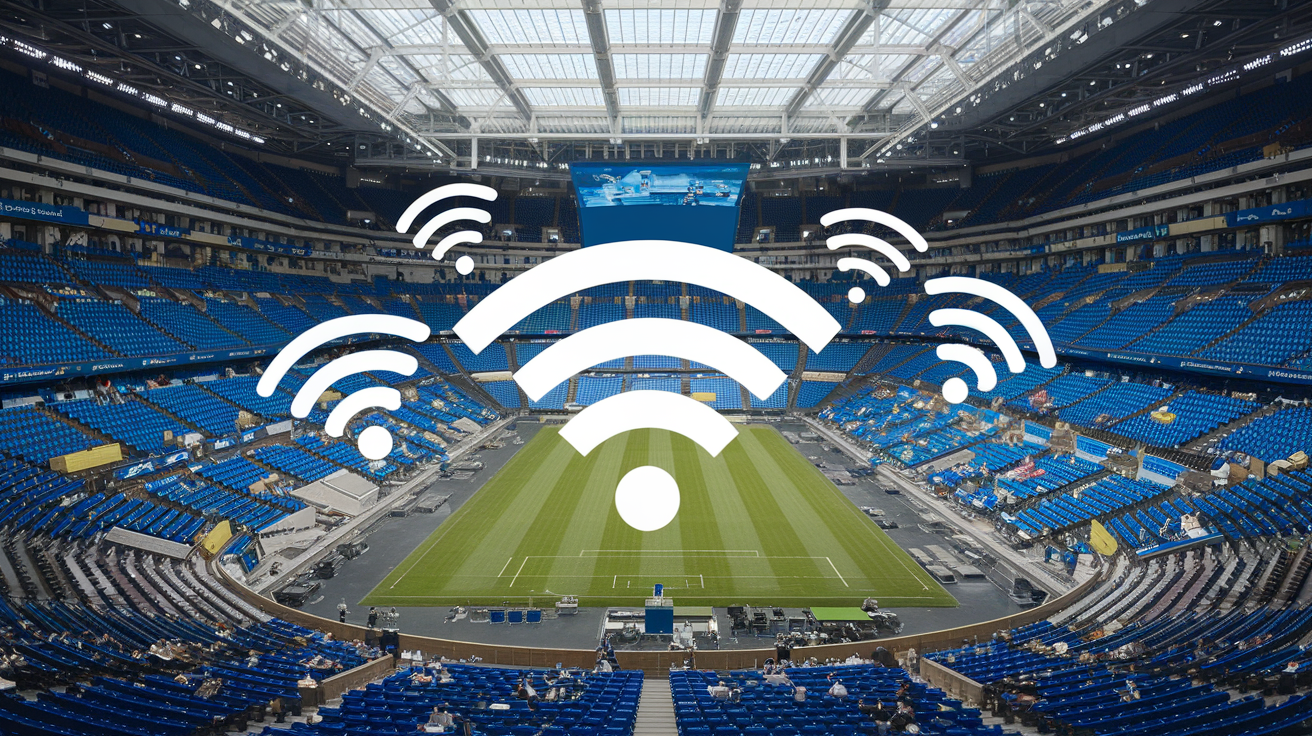5G vs. Wi-Fi 6: The Future of Wireless Connectivity: – The evolution of wireless technology is shaping how we connect, communicate, and interact with the world around us. In this battle of connectivity giants—5G vs. Wi-Fi 6—the future of wireless connectivity is rapidly transforming. Both offer unprecedented speed, efficiency, and performance, but which one is better suited for specific needs? Let’s dive into the details to explore their features, differences, and applications.
5G vs. Wi-Fi 6: The Future of Wireless Connectivity
What is 5G?
5G, the fifth generation of mobile networks, is designed to deliver ultra-fast speeds, low latency, and massive connectivity. It supports innovations like autonomous vehicles, smart cities, and advanced IoT devices. With speeds up to 10 Gbps and latency as low as 1 millisecond, 5G revolutionizes mobile internet, enabling smoother streaming, real-time gaming, and enhanced communication.

Table of Contents
What is Wi-Fi 6?
Wi-Fi 6, the latest Wi-Fi standard, focuses on improving network efficiency and capacity. Ideal for densely populated areas, it supports multiple devices simultaneously without compromising performance. With speeds up to 9.6 Gbps and features like OFDMA (Orthogonal Frequency Division Multiple Access), Wi-Fi 6 ensures stable and reliable connectivity in homes, offices, and public spaces.

Key Differences Between 5G and Wi-Fi 6
| Feature | 5G | Wi-Fi 6 |
|---|---|---|
| Speed | Up to 10 Gbps | Up to 9.6 Gbps |
| Latency | As low as 1 ms | Slightly higher than 5G |
| Coverage | Wide-area (outdoor) | Limited to specific areas (indoor) |
| Use Cases | Mobile networks, IoT | Homes, offices, public spaces |
| Device Support | Billions of devices | Multiple devices in proximity |
Applications of 5G and Wi-Fi 6
Both technologies have distinct use cases:
- 5G: Ideal for outdoor applications, smart cities, autonomous vehicles, and large-scale IoT deployments.
- Wi-Fi 6: Best for indoor connectivity, supporting multiple devices in homes, offices, and crowded venues like stadiums.
Which One is Right for You?
Choosing between 5G and Wi-Fi 6 depends on your connectivity needs. For mobile and wide-area coverage, 5G is unparalleled. For indoor environments with high device density, Wi-Fi 6 provides superior efficiency.
By understanding the strengths and use cases of 5G and Wi-Fi 6, you can make an informed decision about which technology suits your needs in the future of wireless connectivity.
Conclusion
The battle between 5G and Wi-Fi 6 isn’t about which technology is superior—it’s about understanding their unique strengths and applications. 5G shines in wide-area, outdoor connectivity, enabling groundbreaking innovations like autonomous vehicles and smart cities. On the other hand, Wi-Fi 6 excels in indoor environments, offering reliable and efficient connectivity for homes, offices, and crowded spaces. As these technologies continue to evolve, they are not competitors but complementary forces driving the future of wireless connectivity. By leveraging the right solution for the right scenario, we can unlock a truly connected and seamless digital experience.





